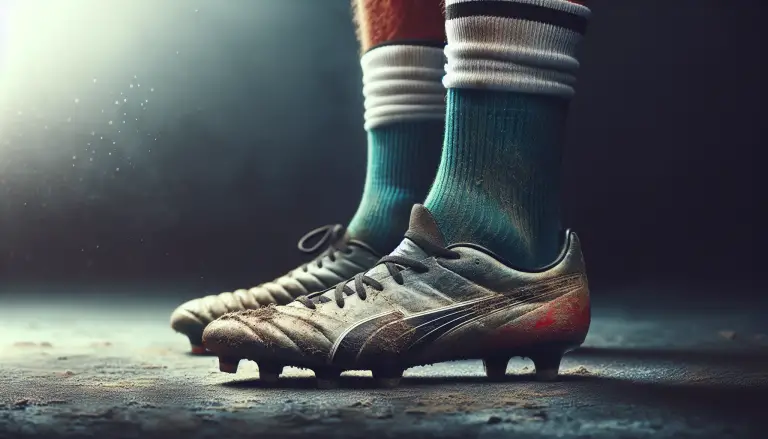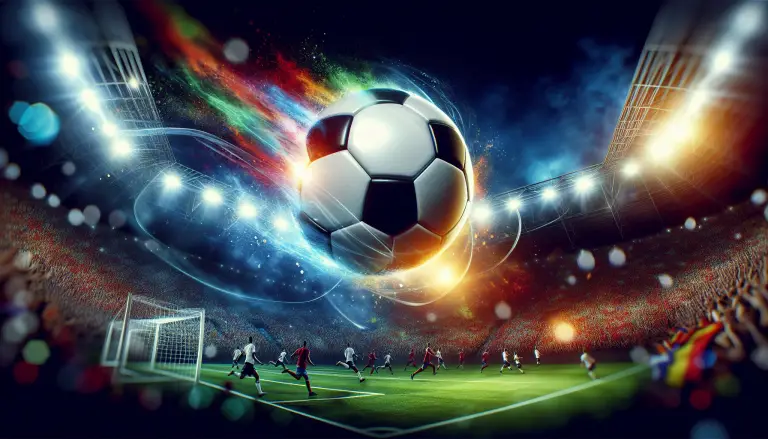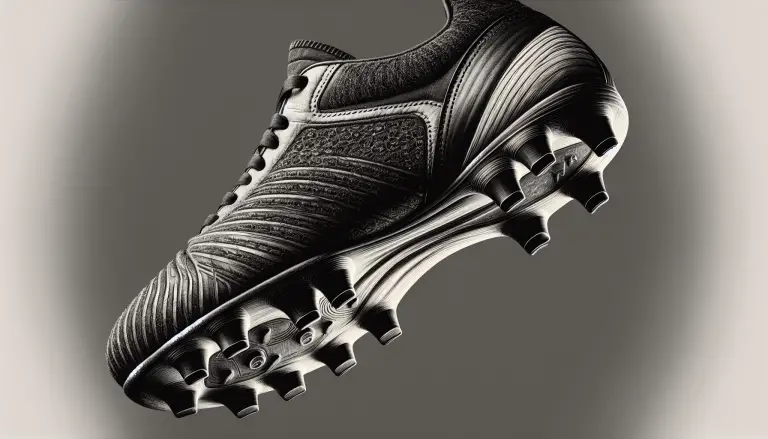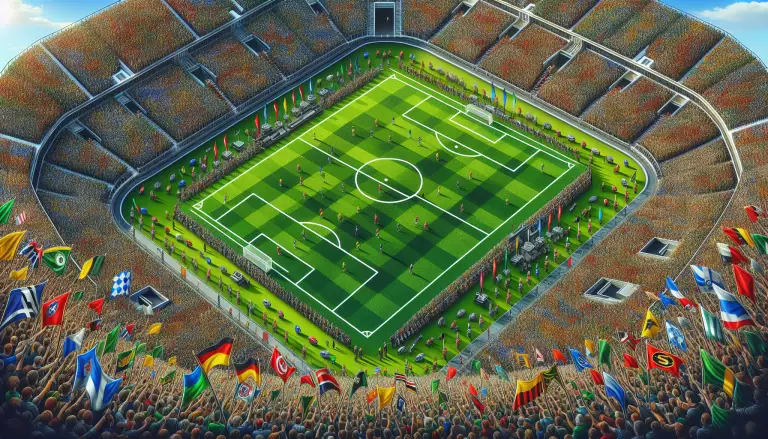Eco-Friendly On The Field: 9 Soccer Teams Winning In Green Jerseys!
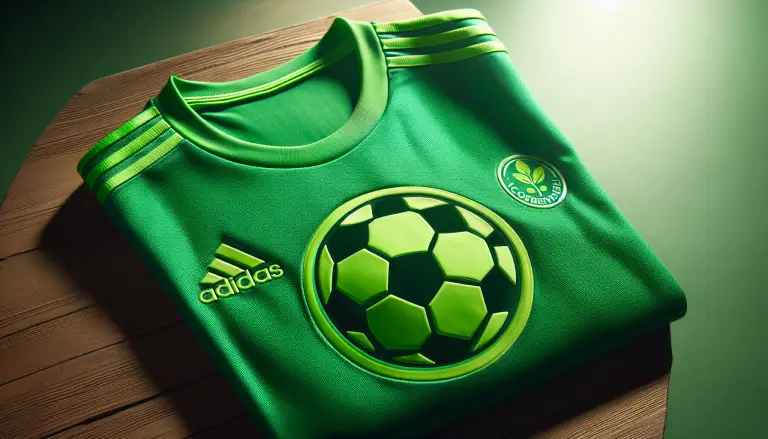
6.2 Comprehensive Recycling Programs
Team C has implemented comprehensive recycling programs throughout their stadium, making it easy for fans to separate recyclable materials from general waste. Recycling bins are strategically placed throughout the venue, and staff members are trained to educate and assist fans in proper recycling practices.
6.3 Partnerships with Composting Facilities
In addition to recycling, Team C has established partnerships with local composting facilities to compost organic waste generated during matches. This includes food waste and other biodegradable materials, which are redirected away from landfills and used to create nutrient-rich compost for gardening and agriculture.
6.4 Encouraging Reusable Merchandise
Team C promotes the use of reusable merchandise among fans, offering incentives and discounts for those who bring their own reusable water bottles, cups, and bags. This helps to minimize the use of single-use plastics and encourages sustainable consumption among supporters.
6.5 Minimizing Single-Use Plastics
Team C is committed to reducing the use of single-use plastics at their stadium. They have implemented initiatives such as offering water refill stations, using biodegradable or compostable food packaging, and replacing plastic straws with eco-friendly alternatives. These measures contribute to the overall goal of zero waste and inspire fans to adopt similar practices in their daily lives.
7. Team D: Water Conservation Efforts
7.1 Introduction to Team D
Team D recognizes the importance of responsible water usage and has implemented various water conservation efforts both on and off the field. Their initiatives aim to reduce water waste and promote efficient irrigation practices, ensuring the sustainable use of this precious resource.
7.2 Water-efficient Irrigation Techniques
Team D utilizes water-efficient irrigation techniques to minimize water waste on the playing field. Advanced irrigation systems are employed to accurately deliver the right amount of water needed to maintain healthy turf, preventing overwatering or unnecessary water consumption.
7.3 Rainwater Utilization for Pitch Maintenance
In line with their water conservation efforts, Team D has implemented rainwater utilization systems for pitch maintenance. Rainwater is collected and stored in reservoirs or underground tanks, which are then used to irrigate the playing field. This reduces the reliance on municipal water sources and ensures the responsible and sustainable use of water resources.
7.4 Education and Awareness
Team D takes an active role in educating players, staff, and fans about the importance of water conservation. They conduct awareness campaigns, distribute educational materials, and host workshops on sustainable water practices. By promoting a culture of water conservation, Team D hopes to inspire others to adopt similar measures in their communities.
7.5 Collaboration with Environmental Organizations
Team D collaborates with environmental organizations that specialize in water conservation to further enhance their efforts. Through these partnerships, they gain access to expertise, resources, and innovative technologies that help them continually improve their water management practices.
8. Team E: Emphasis on Eco-friendly Transportation
8.1 Introduction to Team E
Team E places a strong emphasis on promoting eco-friendly transportation options for fans attending matches. Through their initiatives, they aim to reduce carbon emissions associated with transportation and encourage sustainable commuting habits.
8.2 Partnership with Public Transportation Authorities
Team E works closely with public transportation authorities to promote the use of buses and trains among fans. They offer discounted match-day tickets for fans who choose to travel to the stadium using public transport, making it an affordable and sustainable commuting option.
8.3 Carpooling and Cycling Initiatives
Team E encourages carpooling and cycling as eco-friendly transportation alternatives. They provide dedicated parking areas for carpooling groups and install bike racks near the stadium to facilitate cycling. By supporting these initiatives, Team E aims to reduce the number of single-occupancy vehicles and promote greener modes of transportation.
8.4 Electric Vehicle Charging Stations
Recognizing the increasing popularity of electric vehicles, Team E has installed electric vehicle charging stations near the stadium. This infrastructure supports the transition to electric transportation and provides fans with the convenience of charging their vehicles while attending matches. By promoting the use of electric vehicles, Team E contributes to the reduction of greenhouse gas emissions.
8.5 Environmental Education and Engagement
Team E utilizes their platform to educate fans about the environmental impact of transportation. Through social media campaigns, match-day announcements, and community events, they raise awareness about the benefits of eco-friendly transportation and inspire fans to make sustainable commuting choices.
9. Conclusion
These nine soccer teams are leading the way in embracing eco-friendly practices and making a positive impact on the environment. From sustainable stadiums to green energy sources, waste reduction to water conservation, and eco-friendly transportation, these teams are showing us that sustainable action is not just confined to the field, but can extend far beyond the boundaries of the game. By incorporating these practices into their operations and using green jerseys as a symbol of their commitment, these teams have become champions of both the sport and the planet.



